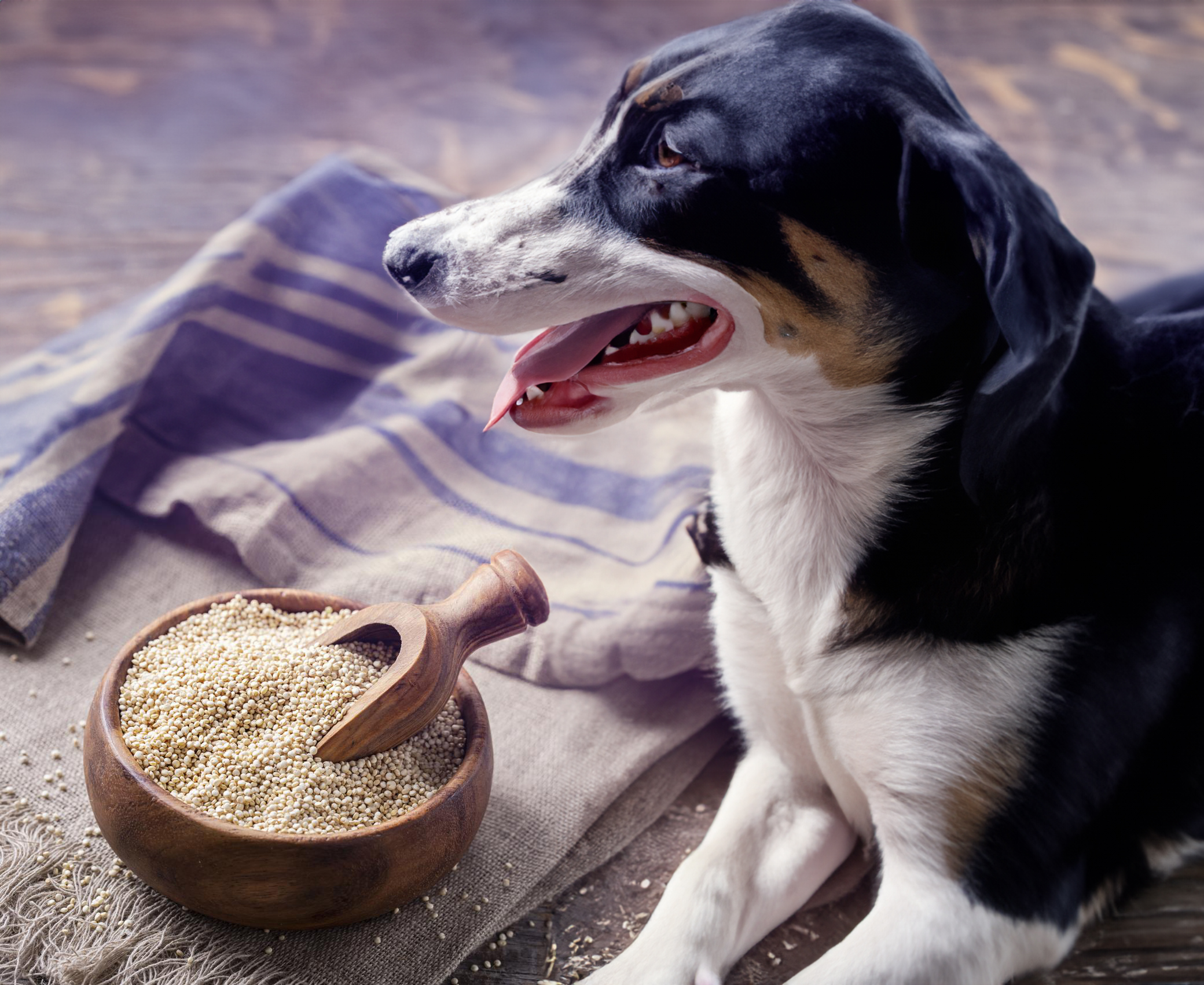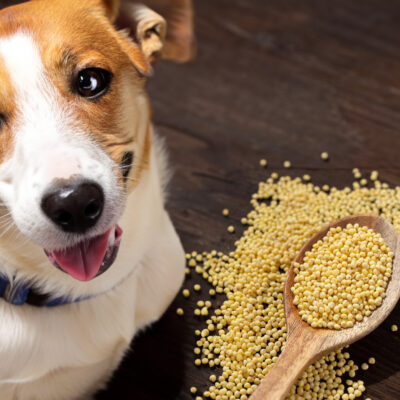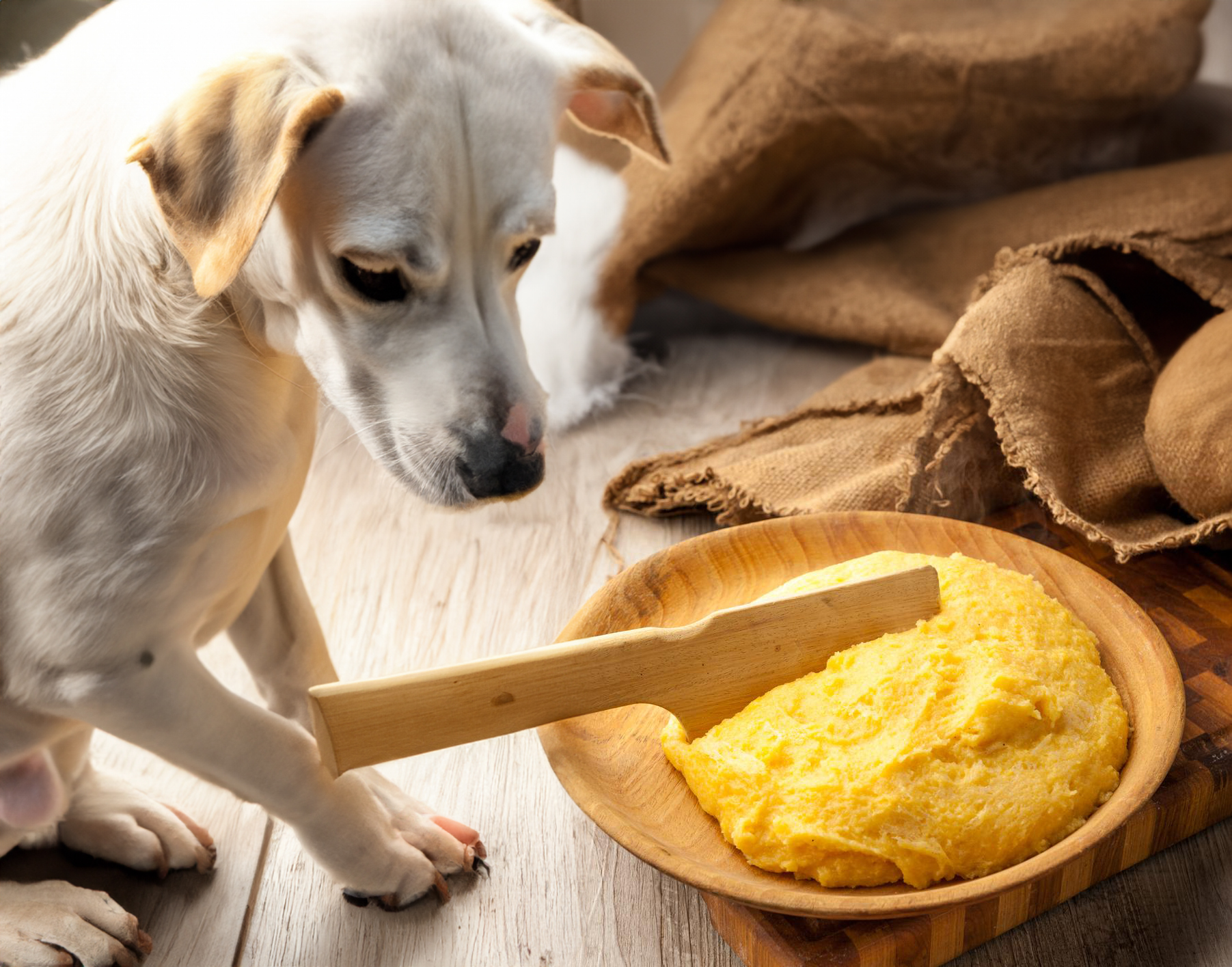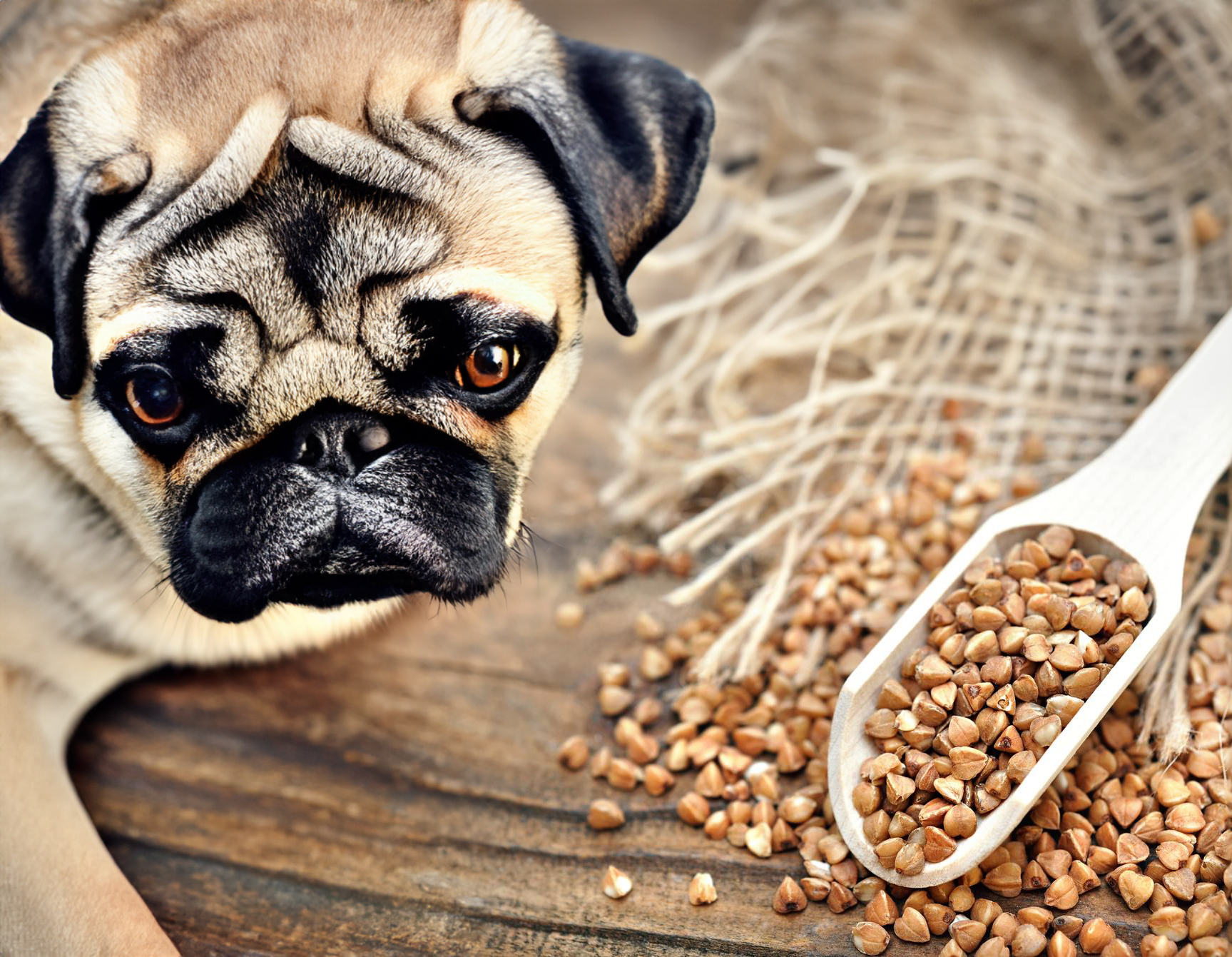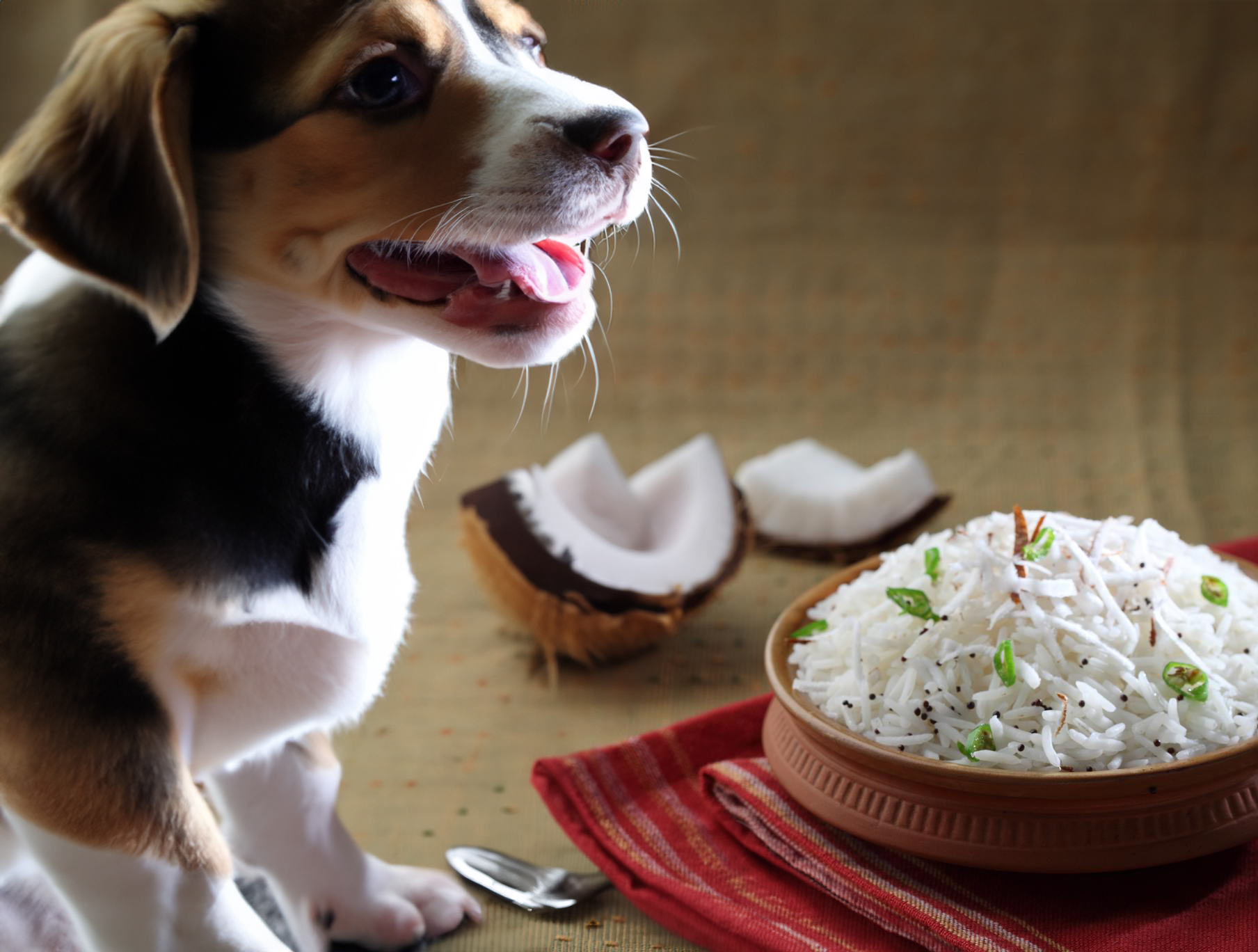It’s no secret that quinoa has become a popular staple in many people’s diets over the past few years. But what about your pup? Can dogs eat quinoa? Is it safe to feed your dog quinoa? That’s the question we’ll be exploring in today’s blog post, “The Truth about Quinoa and Your Dog’s Diet”. Read on to find out if quinoa is right for your pet!
What is Quinoa?
Quinoa is a grain-like crop that is commonly grown for its edible seeds. It has been cultivated for thousands of years and has been a staple food in South America, particularly in the Andean region. Quinoa is unique because it is one of the few plant foods that are considered a complete protein, meaning it contains all nine essential amino acids. It is also rich in fiber, vitamins, and minerals, including magnesium, potassium, and iron. Quinoa has a slightly nutty flavor and a light, fluffy texture when cooked. It is versatile and can be used in a variety of dishes, from salads and stir-fries to breakfast bowls and desserts.
The Nutritional Value of Quinoa
Quinoa is not only delicious but also highly nutritious for both humans and dogs. This grain-like crop is packed with essential nutrients that can benefit your pet’s overall health. Quinoa is known for its high protein content, containing all nine essential amino acids that are crucial for muscle development and repair. It is also a great source of fiber, aiding in digestion and promoting a healthy gastrointestinal system for your dog. Additionally, quinoa is rich in vitamins and minerals, such as magnesium, potassium, and iron, which support various bodily functions. These nutrients contribute to a strong immune system, healthy bones, and a shiny coat for your furry friend. So, incorporating quinoa into your dog’s diet can be a great way to provide them with a nutrient-rich meal.
Can Dogs Eat Quinoa?
When it comes to feeding your dog quinoa, the answer is generally yes, but with some considerations. Quinoa is safe for most dogs to consume, as long as it is cooked plain without any added seasonings or ingredients that may be harmful to dogs, such as onions or garlic. However, it’s important to note that quinoa should not be the main component of your dog’s diet. While it is nutritious and contains essential amino acids, dogs have different nutritional needs than humans, and a balanced diet that includes other sources of protein, such as meat, is essential. Additionally, it’s always best to consult with your veterinarian before making any significant changes to your dog’s diet to ensure it is appropriate for their specific needs and health conditions.
Benefits of Feeding Quinoa to Your Dog
Feeding quinoa to your dog can have several benefits for their overall health and well-being. As mentioned earlier, quinoa is a complete protein, meaning it contains all nine essential amino acids that are crucial for your dog’s muscle development and repair. This makes it an excellent option for dogs with food allergies or sensitivities to traditional sources of protein. Quinoa is also high in fiber, which can help regulate your dog’s digestion and promote a healthy gastrointestinal system. Additionally, the vitamins and minerals found in quinoa, such as magnesium, potassium, and iron, can contribute to a strong immune system, healthy bones, and a shiny coat for your furry friend. Including quinoa as part of a balanced diet for your dog can provide them with a nutrient-rich meal and potentially offer various health benefits.
Risks of Feeding Quinoa to Your Dog
While quinoa is generally safe for dogs to consume, there are a few potential risks to consider. One risk is the potential for digestive upset. Some dogs may have difficulty digesting quinoa, especially if they have sensitive stomachs or gastrointestinal issues. In these cases, feeding quinoa could lead to diarrhea, bloating, or stomach discomfort. Another risk is the possibility of an allergic reaction. Although rare, some dogs may be allergic to quinoa. If you notice any signs of an allergic reaction, such as itching, hives, or difficulty breathing, it’s important to discontinue feeding quinoa and consult with your veterinarian. Additionally, while quinoa is a nutritious grain, it should always be served in moderation. Feeding your dog too much quinoa could contribute to weight gain or an imbalance in their overall diet. As with any new food, it’s best to introduce quinoa gradually and monitor your dog’s response.
How to Feed Quinoa to Your Dog
When feeding quinoa to your dog, it’s important to follow a few guidelines to ensure their safety and enjoyment. First, make sure to cook the quinoa thoroughly and without any added seasonings or ingredients that may be harmful to dogs. Plain, cooked quinoa is the best option for your pet. Start by introducing small amounts of quinoa into your dog’s diet, gradually increasing the portion size to see how they tolerate it. Monitor their response closely for any signs of digestive upset or allergic reactions. If your dog enjoys quinoa, you can incorporate it into their meals by mixing it with their regular food or using it as a topping. Remember to serve quinoa in moderation and consult with your veterinarian to ensure it is appropriate for your dog’s specific dietary needs.
Other Foods to Supplement Your Dog’s Diet
In addition to quinoa, there are several other foods that can be beneficial to supplement your dog’s diet. It’s important to remember that dogs have different nutritional needs than humans, and a balanced diet is key to their overall health. One food that can be a great addition is lean meats, such as chicken or turkey. These meats are high in protein and can help support your dog’s muscle development and repair. Fish, such as salmon or sardines, can also be beneficial due to their omega-3 fatty acids, which can promote a healthy coat and skin. Vegetables, such as carrots, green beans, and sweet potatoes, can provide important vitamins and minerals. However, it’s crucial to ensure that all foods are cooked thoroughly and do not contain any harmful seasonings or ingredients. Remember to consult with your veterinarian to determine the best supplements for your dog’s specific dietary needs.




